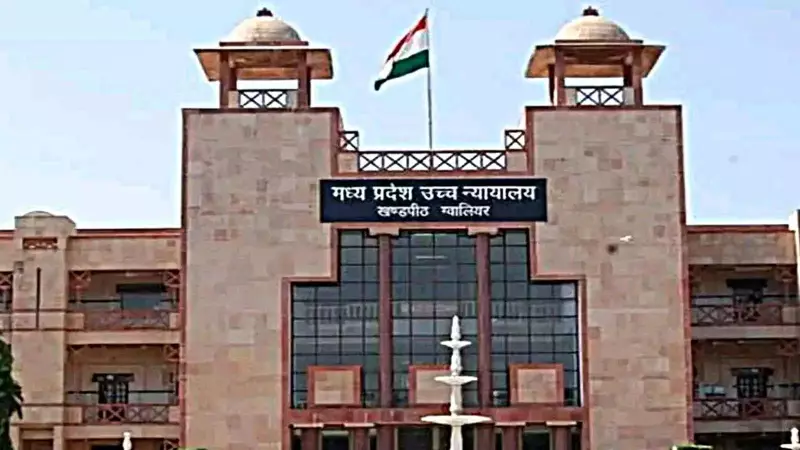
In a significant judgment that reinforces financial responsibility in marital relationships, the Madhya Pradesh High Court has directed a husband to pay ₹15,000 per month as maintenance to his wife, who is a qualified medical practitioner.
Court's Strong Stance on Financial Equality
The bench, while delivering this landmark verdict, made crucial observations about financial dynamics within marriage. The court emphasized that a woman's professional qualifications or employment status doesn't absolve her husband from his financial responsibilities toward her.
Key Highlights of the Judgment
- The husband has been ordered to pay ₹15,000 monthly maintenance to his doctor wife
- The court rejected the argument that the wife's medical qualification exempts the husband from financial responsibility
- The ruling underscores that marriage is an equal partnership with shared responsibilities
- The judgment sets an important precedent for similar cases involving working professional women
Broader Implications for Working Women
This decision carries significant weight for working women across India. The court's position challenges the traditional notion that employed women cannot claim maintenance from their husbands. The ruling acknowledges that financial independence doesn't negate the mutual responsibilities inherent in marriage.
The court's observation was particularly noteworthy: it stated that a woman's professional achievements and financial capabilities should be celebrated as personal accomplishments rather than used as grounds to deny her rightful maintenance.
Legal Precedent and Social Impact
This judgment comes as a reinforcement of women's rights within the institution of marriage. It sends a clear message that financial responsibility in marriage isn't conditional on the spouse's employment status. The ruling is expected to influence future cases where working women seek maintenance from their husbands.
The Madhya Pradesh High Court's decision marks a progressive step toward gender equality in Indian family law, recognizing that financial independence and marital rights can coexist without contradiction.






